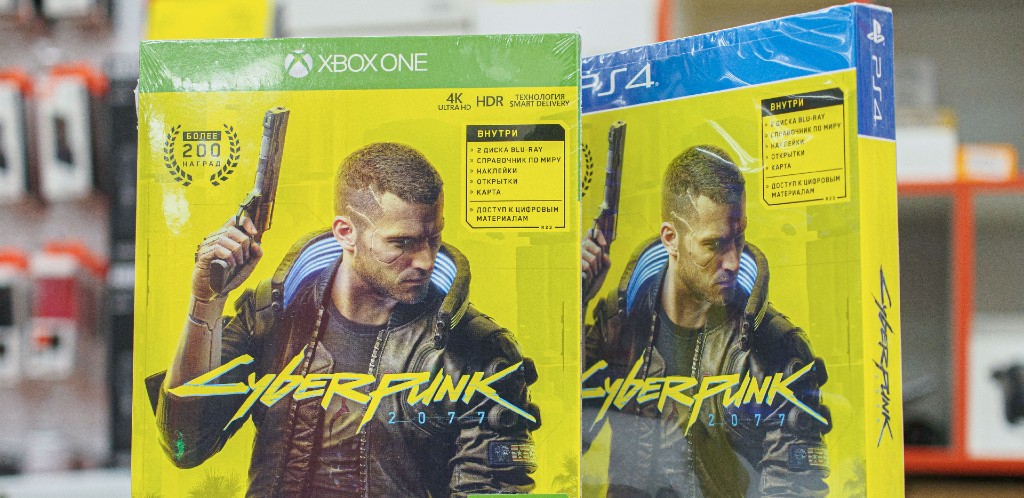Cyberpunk 2077 is currently going through one of the worst releases of the 2020 gaming calendar, with frustrated gamers getting an apology from developer CD Projekt Red and a promise of refunds if they’re unsatisfied with the followup to The Witcher 3.
Though in development since 2012, the actual game was delayed three times in 2020 and finally hit the market on December 10, greeting more than 8 million gamers with a buggy and oftentimes broken game, especially on last-generation consoles like the PlayStation 4 and Xbox One. The result of the Polish developer offering refunds has been a lot more complicated than simply making it so, starting with Sony initially denying gamers a refund, then relenting while also abruptly pulling the title from its online store.
On Friday, Microsoft officially outlined a policy for gamers to get refunds of Cyberpunk 2077, though it did not pull the title from its own online retailer. Microsoft’s support Twitter account addressed the issues gamers have had with Cyberpunk and linked a website where gamers can get refunds if they’re unhappy with the title.
Cyberpunk 2077: To ensure that every player can get the experience they expect on Xbox, we will be expanding our existing refund policy to offer full refunds to anyone who purchased Cyberpunk 2077 digitally from the Microsoft Store, until further notice. https://t.co/04TcniwVzy
— Xbox Support (@XboxSupport) December 18, 2020
To date, we have granted refunds to the vast majority of customers who have requested one. To request an Xbox refund for Cyberpunk 2077, please follow the steps listed on our Xbox refund page here: https://t.co/04TcniwVzy
— Xbox Support (@XboxSupport) December 18, 2020
Other retailers also set up rules for getting Cyberpunk 2077 refunds. Best Buy, for example, will accept even played editions of the game until December 21.
Meanwhile, Bloomberg’s Jason Schreier reported on Friday about the rising tensions inside CD Projekt Red about the backlash to Cyberpunk‘s belated and turbulent launch. The tense discussions within the company also included a juxtaposition many gamers and reviewers noted about using crunch — the mad dash to complete what was still an incomplete game using long hours and reportedly mandatory six-day work weeks to ultimately make a game about corporate exploitation of labor.
One employee asked the board why it had said in January that the game was “complete and playable” when that wasn’t true, to which the board answered that it would take responsibility. Another developer asked whether CD Projekt’s directors felt it was hypocritical to make a game about corporate exploitation while expecting that their employees work overtime. The response was vague and noncommital.
Schreier’s reporting is a great look inside the complicated relationship of game company executives and the developers actually responsible for making the games. It seems increasingly clear it was the former that decided when the game should come out, even if the latter was struggling to make that deadline with a fully-functional game to take to market.
[via Bloomberg]

